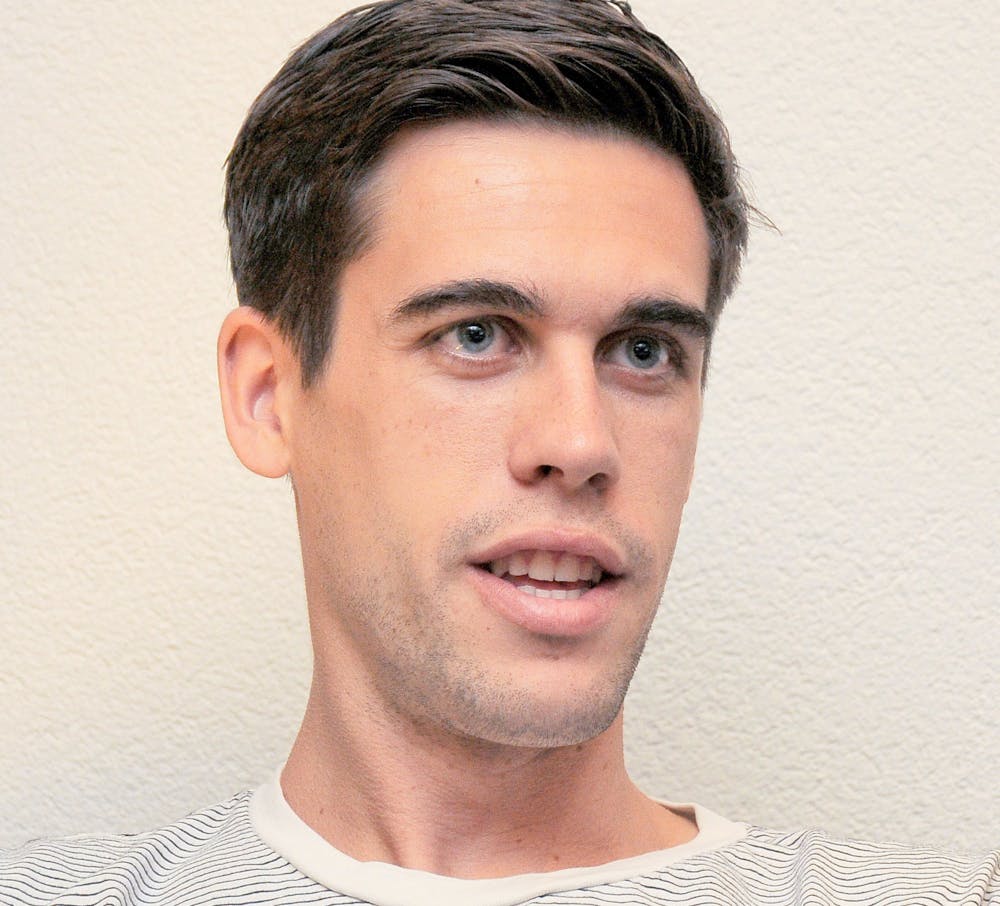Most of us can undoubtedly claim to be extremely busy, but would you consider yourself busier than Winston Churchill? From 1898 to 1918, Winston Churchill wrote seven books while holding political office and still managed to have a two-hour nap each day, a habit he even kept when he was prime minister during World War II. Do these naps signify Churchill’s laziness? I would argue they do not; rather, they signify a disciplined schedule that allows time for rest, as Churchill recognized that stillness in his life was a necessity.
In Ryan Holiday’s book Stillness is the Key, Holiday extols the virtues of stillness and describes the many talented people who benefited from it. But what exactly is stillness? There is no direct or simple definition, but stillness is generally a sense of inner peace and confidence that allows one to think clearly through issues with levelheadedness and without ego.
Throughout his book, Holiday gives his readers various examples of notable figures who achieved and maintained this state of conscious empowerment in the mind, spirit and body to maximize their productivity and enjoyment of life.
For example, as Holiday cites, Microsoft CEO Bill Gates would take retreats in the woods whenever he needs to focus on a pernicious problem in his company. Philosopher Søren Kierkegaard would walk the streets of Copenhagen until he had worked through ideas he had been struggling to comprehend. Churchill, Gates and Kierkegaard utilized the activities of napping, seclusion or walking to help cultivate this sense of self.
Our current generation is considered unique for our focus on the importance of mental health. We consider time for relaxation foundational and not supplemental to our overall well-being. However, too often there is a sense of guilt while we are seeking this space away from our daily stressors. How do we remove this guilt associated with allowing ourselves reprieve?
The answer — at least, according to Holiday — is to develop a schedule that allows for stillness, hard work and routine. By embodying the principles that Holiday describes in his book, we can create structure in our lives to shun distractions and allocate dedicated time for work and leisure. Establishing these limits creates necessary stability and balance, so we do not need to feel guilty for time spent doing either of those activities.
While we need work to give us a sense of purpose, I agree with Holiday that there comes a point in which work can only provide so much fulfillment and we need other priorities to grant us the rest.
Stillness is the Key can be an unsettling read, as it forces us to question our behavior and measure how successful we are in realizing our goals. To adopt all its principles, it may be necessary to reexamine and deconstruct our lives.
In my opinion, most people would agree with many of the concepts and activities Stillness is the Key advocates for but would struggle to master its adoption, especially in the short run. However, by following even part of his advice, we can clear our minds, better organize our day and feel more confident about our accomplishments when we lay our heads on our pillows each night.





